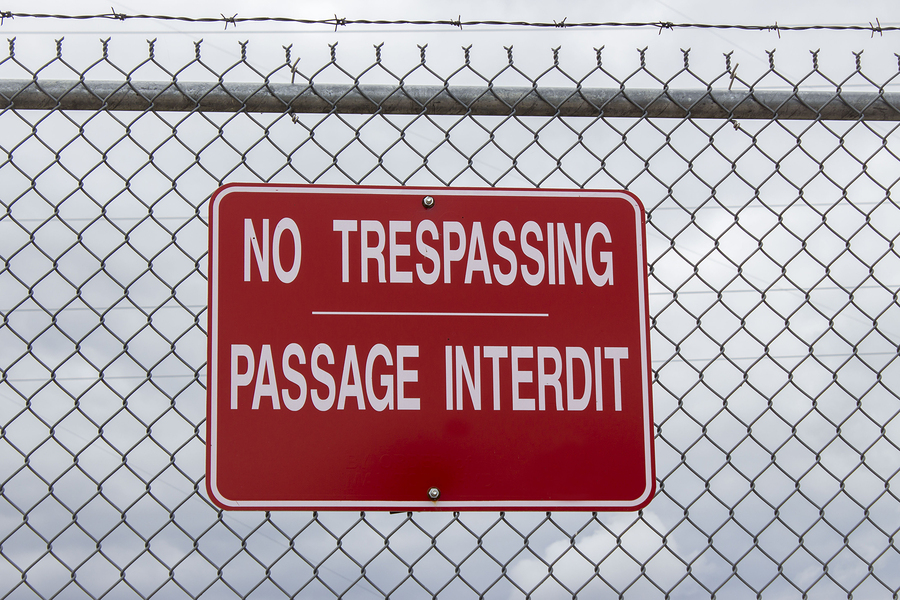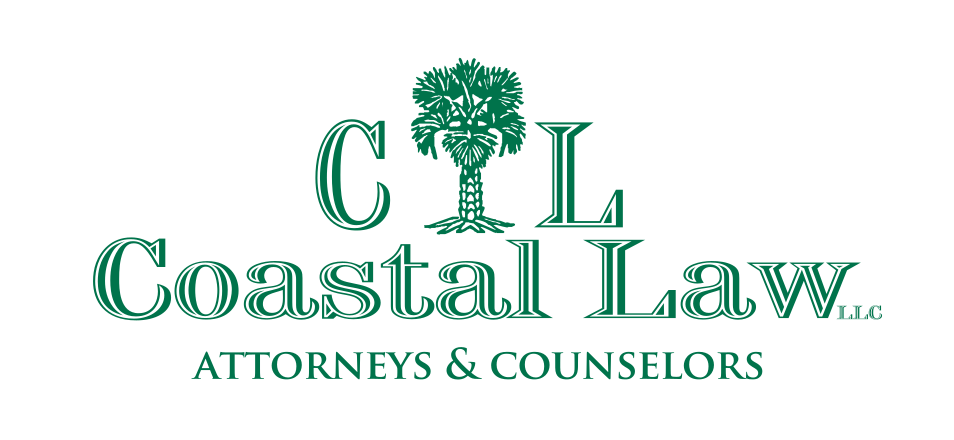
It’s human nature to want to explore “the other side of the fence.” Perhaps this happened to you. You were curious and didn’t mean any harm. In some cases, unfortunately, your curiosity can lead to legal trouble.
If you enter someone else’s private property in South Carolina, you could face criminal trespassing charges.
The penalties for trespassing vary depending on what else happened, if anything:
- You might be facing a trespassing charge accompanied by another charge, such as burglary.
- You might be facing a trespassing charge even though you didn’t mean to commit a crime.
Understanding How South Carolina Law Defines Trespassing
According to South Carolina law, unlawful trespassing could occur when you enter:
- another’s property
- another’s pasture land
- another’s property for the purpose of gathering produce, hunting, fishing or cutting wood
- another’s property for the purpose of growing marijuana
- public library property
- another’s property at night
The law’s definition of criminal trespassing can be confusing. To help you better understand it, we’ll go into detail about each of the situations above.
Trespassing on another’s property.
This violation can occur in two ways.
- If you’ve been warned (verbally or in writing) not to enter someone’s property and you do so anyway, you are trespassing. An exception could be made if you have a solid legal reason to be there.
- If you refuse to leave someone’s property when asked to do so, you are trespassing. Again, an exception could be made if you have a legal reason to stay.
The penalty for this misdemeanor includes either a fine or jail time.
| Classification | Fine | Jail Time |
|---|---|---|
| Misdemeanor | Up to $200 | Up to 30 days |
Trespassing on another’s pasture lands.
If you’ve been warned not to enter someone’s property where livestock is pastured (horses, cows, etc.) and you do so anyway, you are trespassing.
The warning you receive doesn’t have to be verbal. The pasture owner can legally “warn” you by posting four obvious signs on the borders of the property.
The penalty for this misdemeanor includes either a fine or jail time with hard labor.
| Classification | Fine | Jail Time |
|---|---|---|
| Misdemeanor | Up to $100 | May include hard labor on public county works Up to 30 days |
Trespassing for the purpose of gathering resources such as wood, fruit, flowers and hunting/fishing game.
If you enter another person’s property without their consent in order to gather resources (produce, shrubbery, timber) or to hunt or fish, you are committing a misdemeanor.
If you are convicted after your first or second offense, this information will remain on your record for 10 years. The table below offers more details.
| Charge | Classification | Fine | Jail Time |
|---|---|---|---|
| First offense | Misdemeanor | Up to $200 | Up to 30 days |
| Second offense | Misdemeanor | $100-$200 | Up to 30 days |
| Third Offense | Misdemeanor | $500-$1,000 | Up to 6 months |
Note: A third offense may result in both a fine and jail time, whereas first and second offenses include only one punishment or the other.
Trespassing for the purpose of growing marijuana.
If you enter another person’s property to grow marijuana and a minimum of 25 plants are found, you are guilty of a felony.
Unlike some of the other trespassing violations reviewed here, the punishment for this crime is not an “either/or.” You will pay a fine and do jail time if convicted as defined in the below table.
| Classification | Fine | Jail Time |
|---|---|---|
| Felony | Up to $5,000 | Up to 5 years |
Trespassing at a public library.
If you enter a public library after receiving a written warning not to do so by a library administrator, you could be guilty of a misdemeanor. Please note that the warning must include the duration of time you are prohibited from the library as well as information about your right to appeal.
The penalty for this misdemeanor includes either a fine or jail time as defined in the below table.
| Classification | Fine | Jail Time |
|---|---|---|
| Misdemeanor | Up to $200 | Up to 30 days |
Trespassing on private property at night.
If you enter gated private property between 6:00 p.m. and 6:00 a.m. without a justifiable cause, such as an emergency, you could be guilty of a misdemeanor.
Notably, the property must display visible signs that warn against trespassing.
The penalty for this misdemeanor includes either a fine or jail time.
| Classification | Fine | Jail Time |
|---|---|---|
| Misdemeanor | $25-$200 | Up to 30 days |
Defending a Trespassing Charge
It’s a two-way street when it comes to unlawful trespassing: you’re not supposed to do it, but property owners are supposed to give you fair warning about what they consider to be “private.” Otherwise, you might not even realize you’re doing anything wrong.
Sometimes, the only warning given is a verbal one. And this can be hard to prove in court.
Your first step in this process should be to get legal assistance. If you’ve been dealt a trespassing charge, we want to help. Contact the Coastal Law team for a free consultation. We can be reached at (843) 488-5000.

